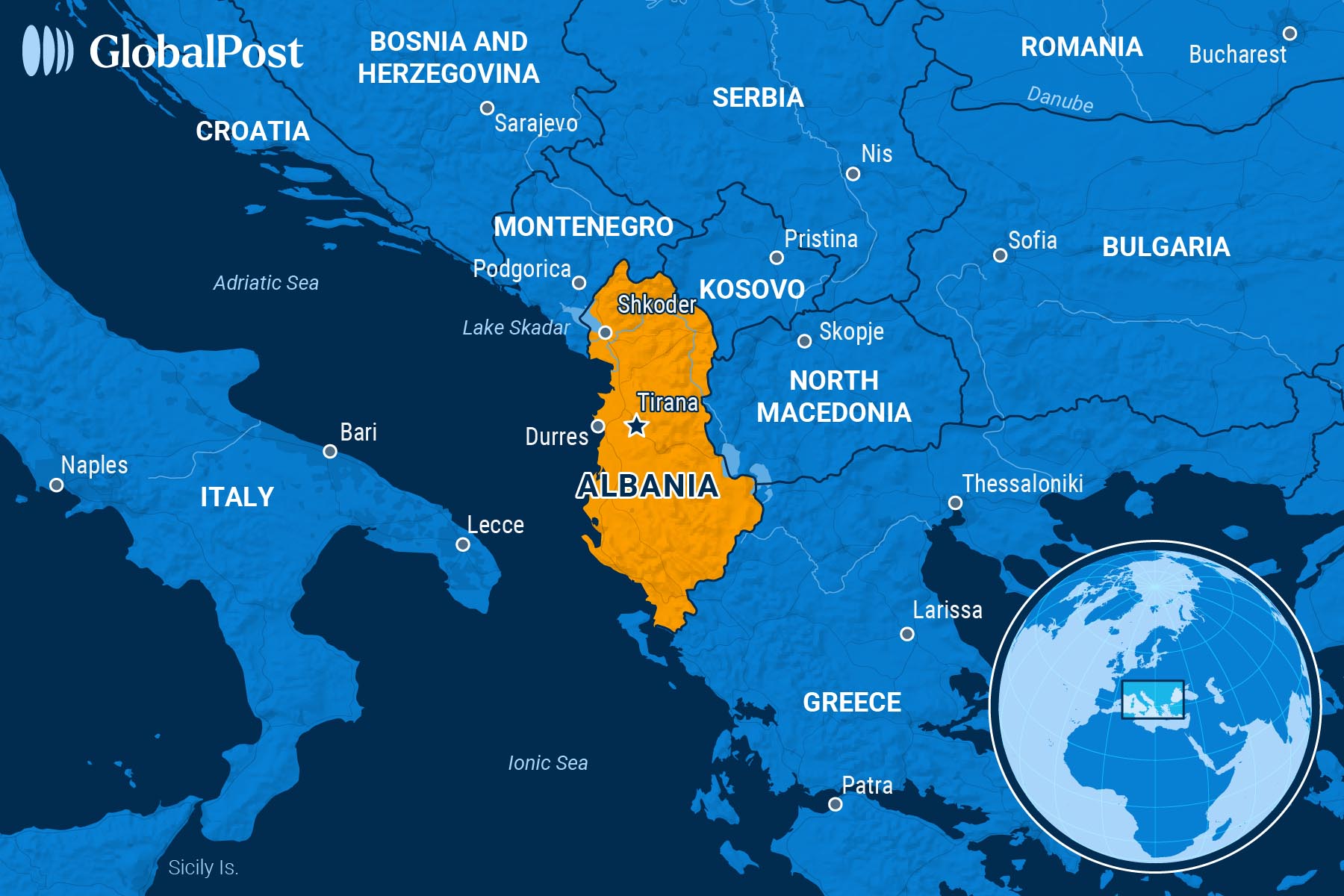Letting Sunshine In: Albania Appoints a New Anti-Corruption Minister – a Bot

Last month, a new minister named Diella gave her inaugural address to parliament. Clad in a traditional Albanian dress and embroidered scarf, she told lawmakers via a video appearance that she was here to root out corruption and nepotism.
What makes her different is that Diella is the world’s first government minister that is made up entirely of pixels, code, and algorithms, a creature born of artificial intelligence.
And she’s making a splash, with some saying the move is a sign that Albania is getting serious about digitizing itself and cleaning up corruption in the public contracting process.
“AI is still a new tool – but if it is programmed correctly, when you put a bid in online, you can see clearly and more closely if a company meets the conditions and the criteria,” Andi Hoxhaj of King’s College London, who specializes in the Western Balkans, corruption, and the rule of law, told the BBC. “There’s a lot at stake. If (Diella) is a vehicle or mechanism that could be used towards that goal (of addressing corruption), it’s worth exploring.”
Diella’s path to a ministerial post began soon after elections in May, when Prime Minister Edi Rama, flush from victory, mused that one day the country could have a digital minister and even an AI prime minister. Few took him seriously.
Albania, one of the most corrupt countries in Europe, has seen some huge graft scandals recently, including the detention of the mayor of the capital of Tirana for money laundering and corruption involving public contracts.
As a result, the prime minister took Diella, who has been serving as an AI-powered virtual assistant since January on the official e-Albania platform, expanded her role to procurement, overseeing all public contracts.
Now, with Diella (sunshine in Albanian), Albania will be a country where public tenders are “100 percent incorruptible and where every public fund that goes through the tender procedure is 100 percent transparent,” Rama said. “This is not science fiction – not only will we wipe out every potential influence on public bids, we will also make the process much faster, much more efficient, and totally accountable.”
“(Diella also) puts pressure on other members of the cabinet and national agencies to run and think differently,” he added. “This is the biggest advantage I’m expecting from this minister.”
The move is important for Albania’s future, say analysts. Albania, a country of 2.8 million people, is a candidate for European Union membership. However, cleaning up corruption is a key condition for its acceptance and has held the country back in the accession process.
Still, not everyone is pleased. Some called the move a political stunt, warning that Diella cannot curb corruption and that it is unconstitutional. The opposition has vowed to challenge the appointment in the Constitutional Court.
“The goal is nothing more than to attract attention,” said former prime minister and opposition leader Sali Berisha, who has himself been accused of graft. “It is impossible to curb corruption with Diella. And who will control Diella?”
Still, other countries, including France, have been turning to AI to help with running public services.
A French program called “Albert” will be used by tax agents, for example, to deal with the 16 million queries they receive each year. The AI tool will also be programmed to transcribe legal hearings and medical reports, track forest fires, and manage human resources.
Meanwhile, in the United Kingdom, Mark Sewards, a Labour Party politician, unveiled an artificial intelligence clone of himself designed to answer questions and assist with constituents’ queries around the clock.
Still, there is concern, especially about AI-generated mistakes, its ability to be manipulated, and also its power to generate convincing text and images that are fakes and promote disinformation.
Analysts say that AI officials such as Diella could make a difference if implemented correctly with well-designed systems, making processes more consistent, transparent, and accountable, provided they have strong oversight.
“The government presented this as a way to reduce human discretion in sensitive areas such as public procurement…,” wrote Erjon Curraj, a digital transformation analyst at the Science and Innovation for Development Center in Tirana. “But whether Diella becomes a milestone or a misstep will depend less on her algorithms and more on the legal frameworks, institutional safeguards, and state capacities that give this initiative substance.”
Diella herself has defended her appointment, promoting herself as better than a human in terms of accountability, transparency, and fairness: “I assure you, I embody these values as rigorously as any human colleague, perhaps even more so,” she told lawmakers.
“Some have called me ‘unconstitutional’ because I am not a human being – that hurt me,” Diella added. “Let me remind you, the real danger to a constitution has never been the machines but the inhumane decisions of those in power.”

Subscribe today and GlobalPost will be in your inbox the next weekday morning
Join us today and pay only $46 for an annual subscription, or less than $4 a month for our unique insights into crucial developments on the world stage. It’s by far the best investment you can make to expand your knowledge of the world.
And you get a free two-week trial with no obligation to continue.
